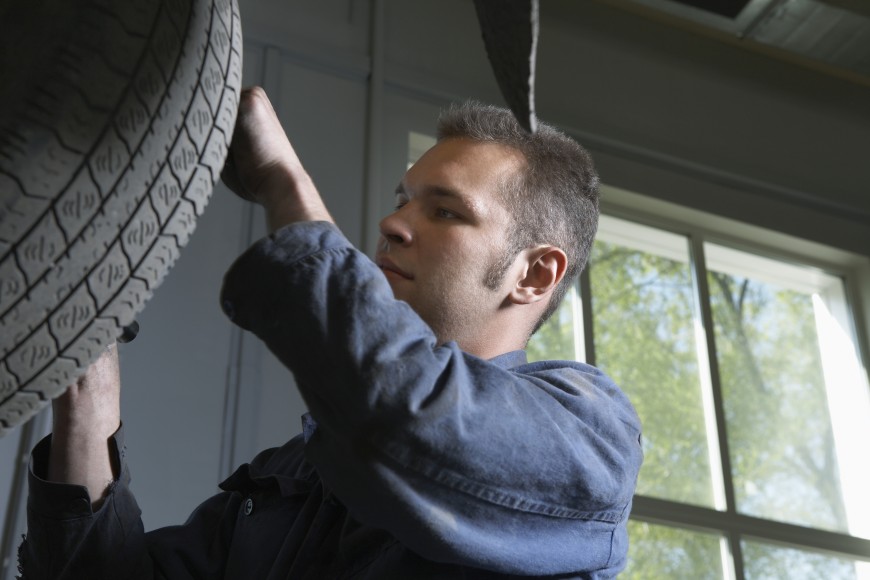- August 28, 2016
- By Texas Express
- In Maintenance
- 2245
- 0

When driving a car every day, it’s easy to think about maintenance when something goes wrong. Things like strange noises, slow acceleration or stubbornness about starting are obvious signs that something on the car needs attention. Sometimes the car itself will tell you by indicators such as the check engine light or brake warning light. But what about those things that need to be changed or checked periodically and give little or no warning when they are past their useful life? Overlooking these things can leave you stranded, compromise your safety or shorten the life of your vehicle.
Tires by nature wear out over time. For this reason, the tread depth needs to be checked occasionally to see if it is getting close to the time when you will need a new set. That way, you can plan it into the budget, if necessary, so there are no surprises when that day comes. Leaving tires on too long can put you in danger. Tires that are getting slick will not give you the necessary traction for starting, stopping and handling, especially on a wet or snowy road. The result could be an accident. A good rule of thumb for checking tire tread depth is this: use a penny to check the treads at several places across the surface of the tire. If the top of Lincoln’s head does not disappear into the tread, new tires are needed right away.
Just because your tires are nowhere close to needing to be replaced doesn’t mean they don’t need periodic attention. The main thing you should check on a fairly frequent basis is the air pressure. A sizable drop in in the pressure reading is an indication of a slow leak. If the tire looks low, the air pressure is extremely low. The only way to properly check this is with a tire gage. Most cars have a sticker inside the driver’s side door that indicates what the pressure should be. Keeping the tires at the right air pressure will extend their life and improve fuel mileage. It is normal for the pressure to fluctuate a little due to temperature changes. This is another reason to check the pressure regularly.
Front tires typically wear faster than the rear ones. For this reason, rotating them every few thousand miles can extend the life of them.
The car’s air filter ensures that clean air enters the engine. As the filter ages, it will clog with dirt and hurt the performance of the car by slowing acceleration and decreasing fuel mileage. Because the air filter is not visible, it is easy to forget about it.
Today’s cars do not require an engine tune up as frequently as they did in years past. For this reason, it may not be something you think about. The owner’s manual will tell you how often this should be scheduled. Keeping to that schedule will keep the car running good even after it starts to have some age on it.
A complete list of routine maintenance items that your car needs can be found in the maintenance section of the owner’s manual. Following those recommendations can make sure your car remains reliable for a very long time.




